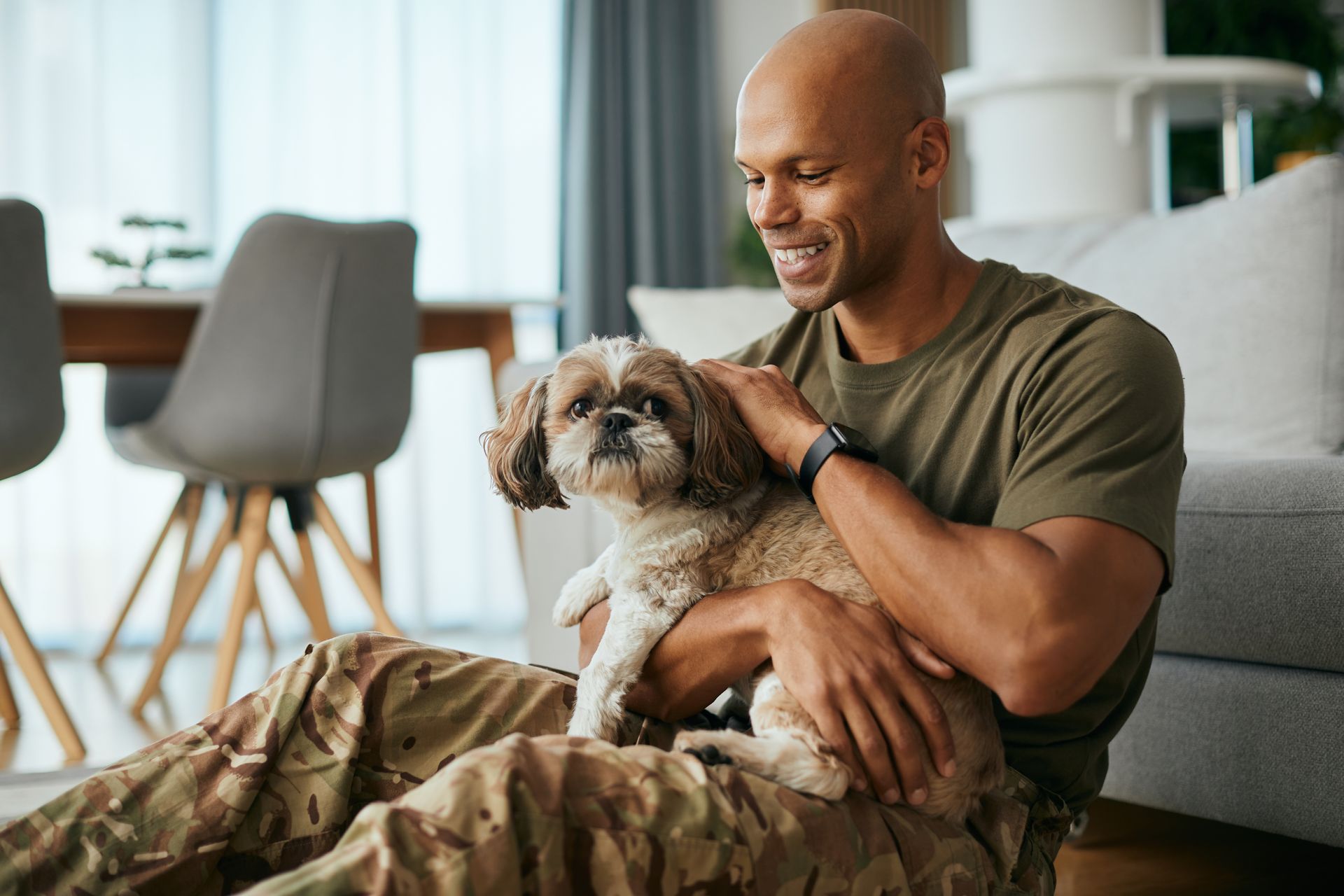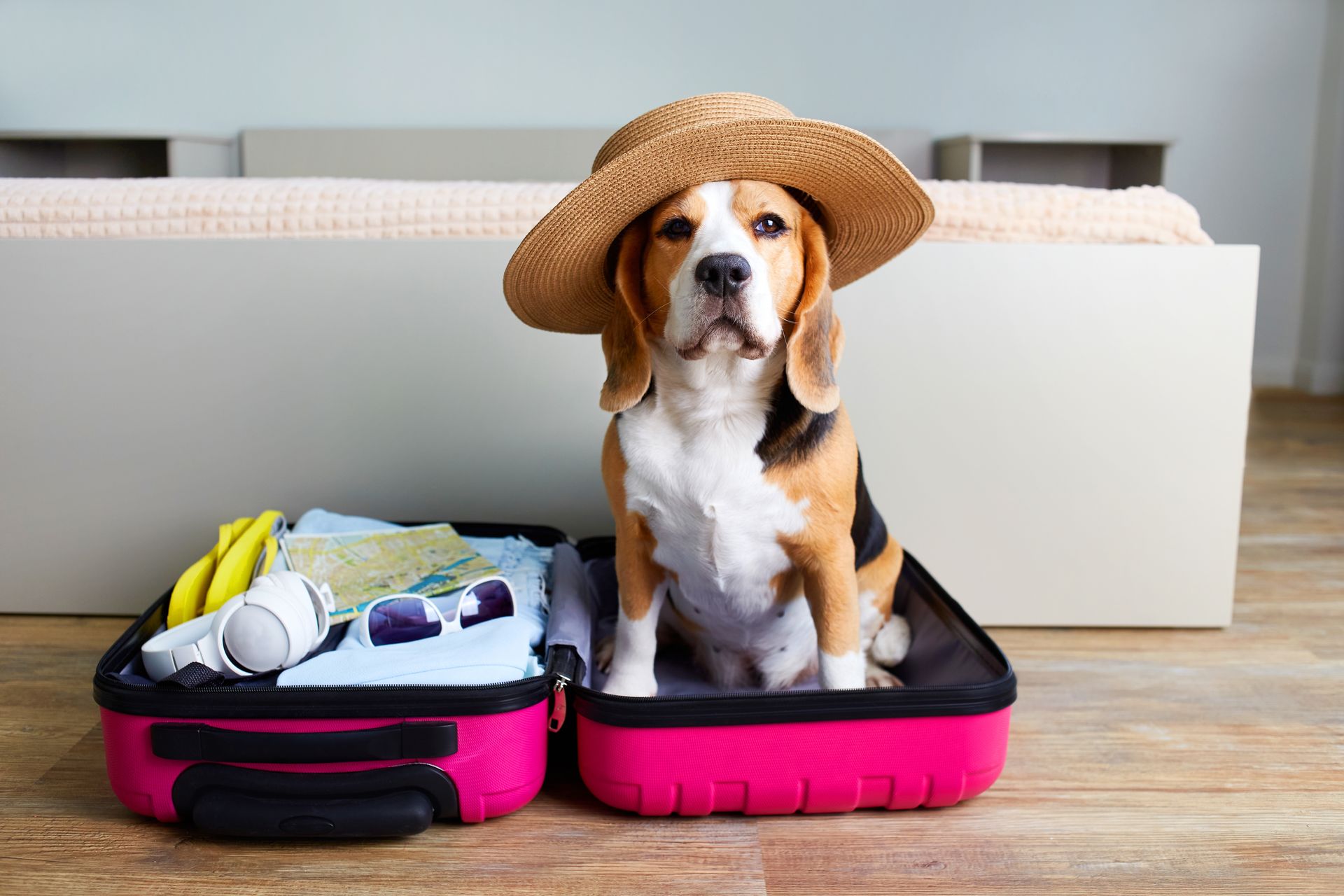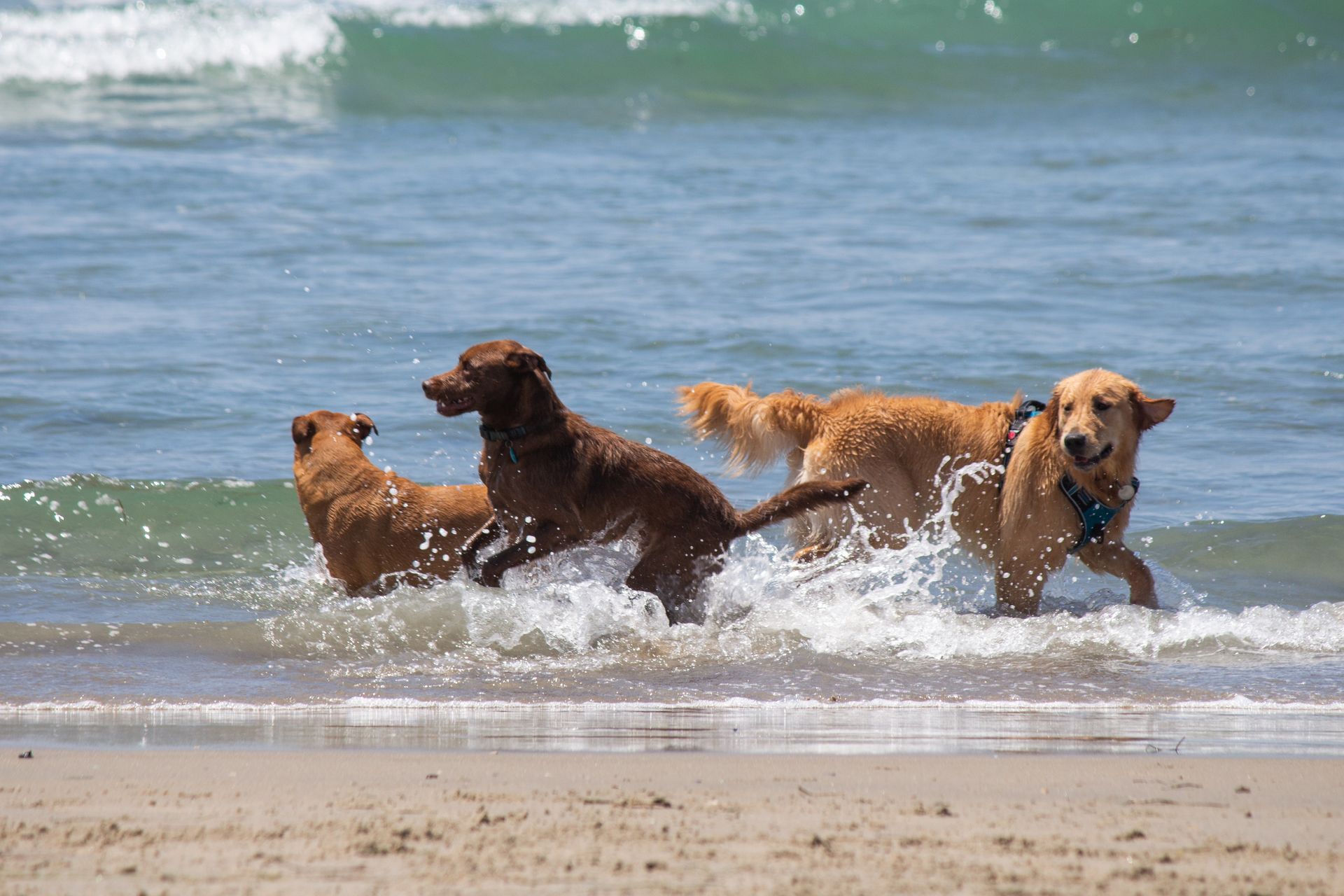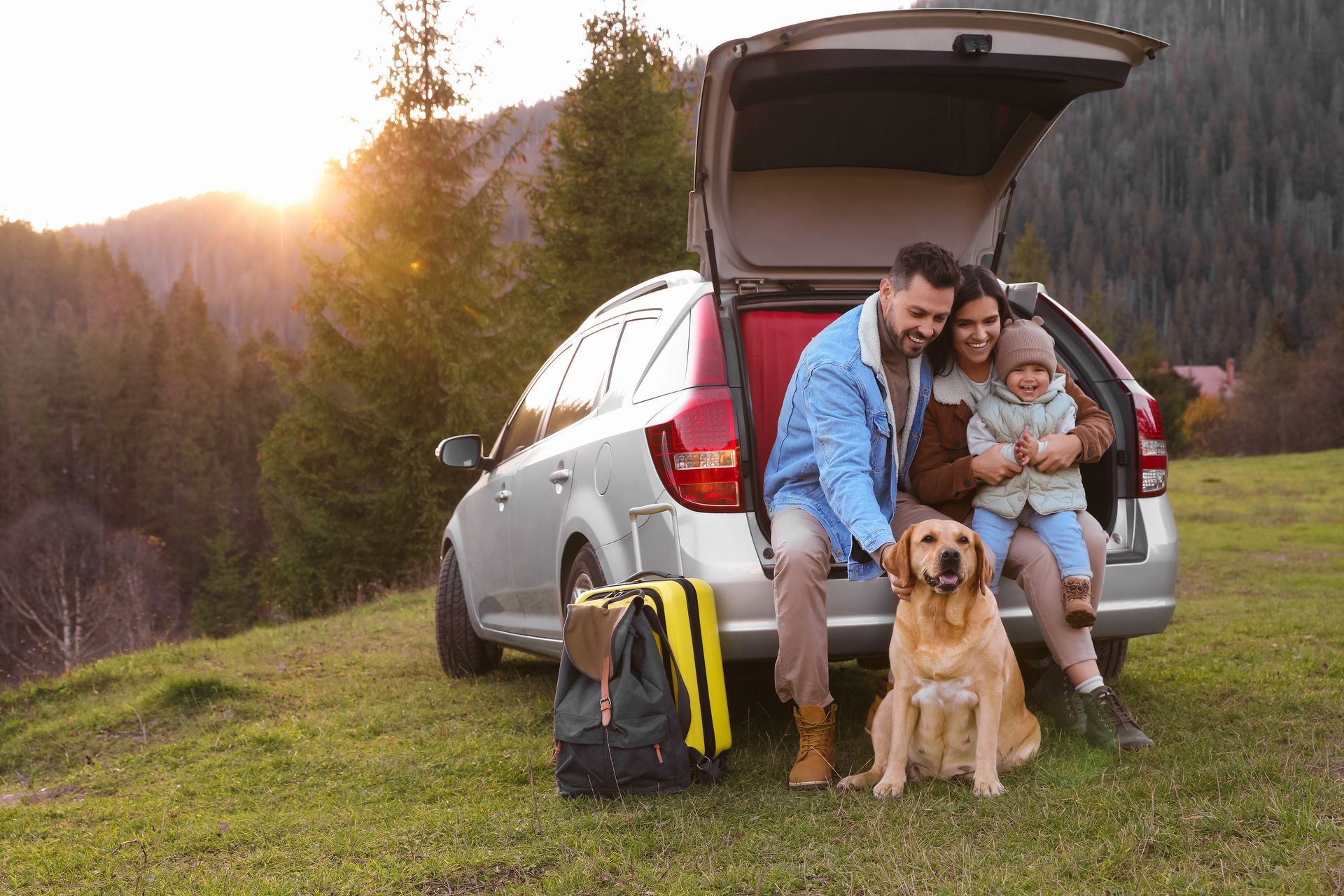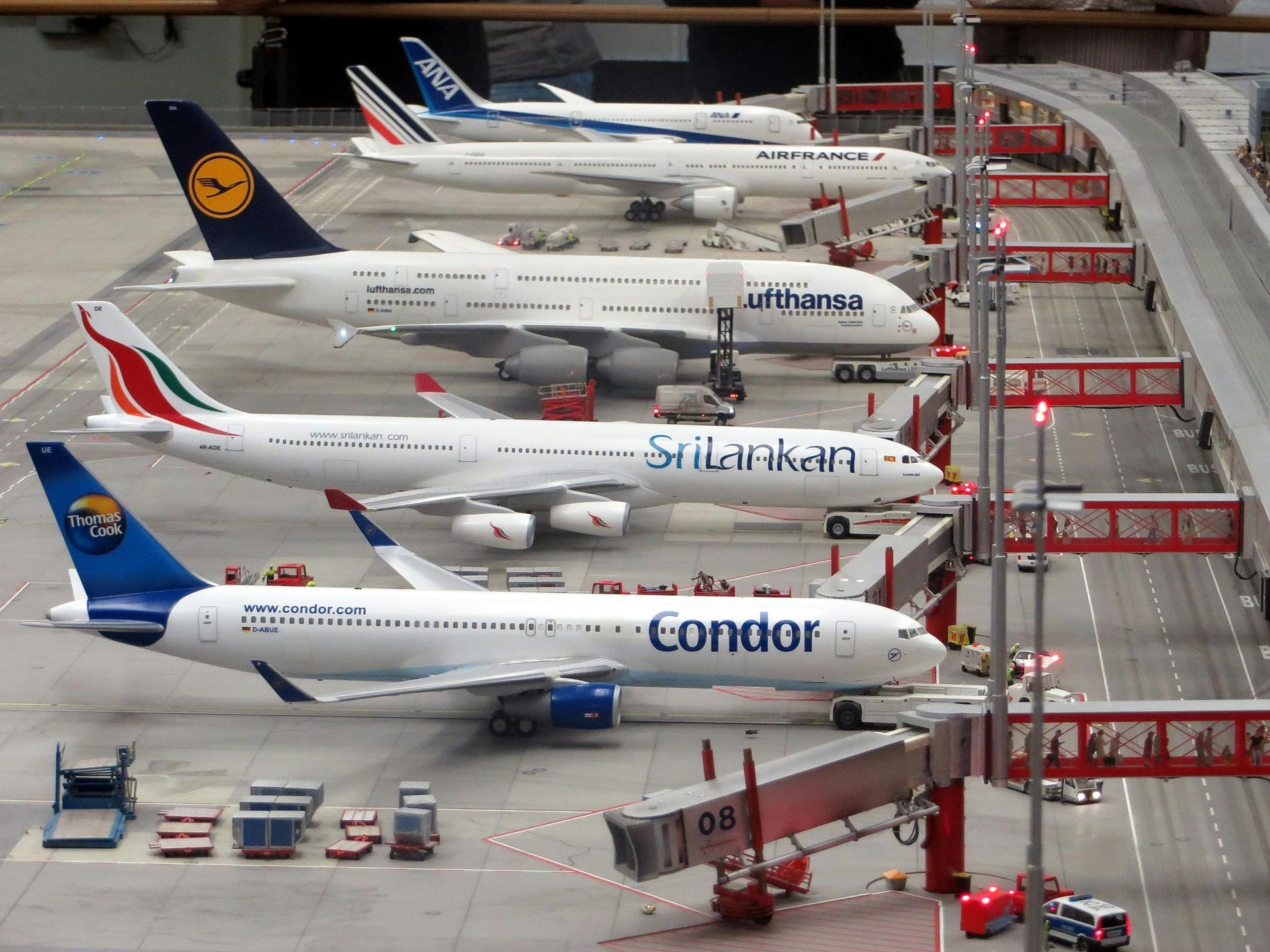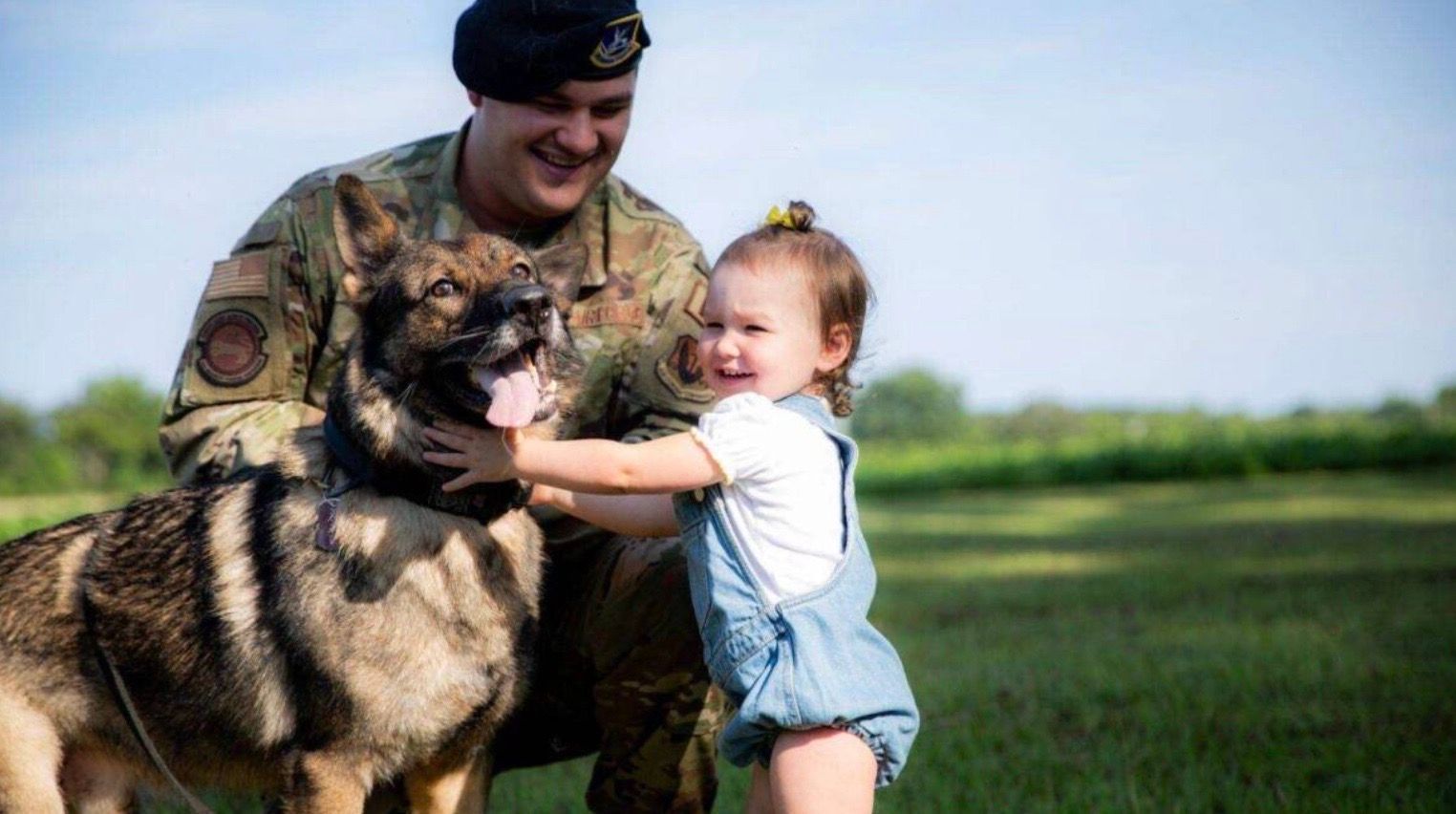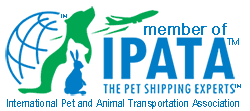Relocating Furry Friends: The Most Common Pets Traveling Internationally
Welcome to Continental Pet Relocation, where we specialize in making your pet's international journey smooth and stress-free. Whether you're moving for a job, family, or just an adventure, ensuring your beloved pets are part of the journey is crucial. Today, let's talk about the most common pet that gets relocated internationally: dogs.
Why Dogs Are the Most Commonly Relocated Pets
Strong Bond with Owners
Dogs, often considered man's best friend, form incredibly strong bonds with their owners. This deep connection makes leaving them behind unthinkable for most pet parents. As a result, when families move, dogs are usually the first pets considered for relocation.
Versatility and Adaptability
Dogs are known for their adaptability. Whether it’s adjusting to new climates, environments, or homes, dogs often handle changes better than other pets. Their versatile nature makes them prime candidates for international travel.
Assistance and Support Roles
Many dogs serve as service animals, emotional support animals, or therapy dogs. Their roles in providing emotional stability and physical assistance to their owners mean that their presence is essential, regardless of where the owner moves. However, it's important to note that therapy dogs are no longer accepted by most airlines for in-cabin travel. For more information on the current regulations, you can refer to the Department of Transportation’s guidelines here.
Therapy Animals
Therapy animals are used in Animal Assisted Therapy to improve the physical, social, emotional and cognitive condition of the patient. A therapy animal is normally a dog that has been obedience trained and screened for its ability to interact favorably with humans and other animals. The primary purpose of a therapy dog is to visit people in hospitals, care homes and retirement centers who enjoy being visited by a friendly dog. They are generally handled by volunteers who both train the animals and then take them on visits. In almost all cases, therapy animals are not afforded protection under the Air Carrier Access Act.
Service Animals in Training
Service animals being trained to assist people with disabilities are not under ADA protection until their training is complete. Some airlines such as KLM and Allegiant will accept service animals in training if they are traveling with their trainer and the trainer must provide a letter written on the training school's letterhead stating "the animal is training to assist a person with a disability". Animals being transported to their new owner without a trainer DO NOT qualify for ACAA protection.
Flying with a service or comfort animal
When you fly with service animals, almost all airlines will permit your service animal to fly with you in the cabin, even if your destination country requires live animals to enter in the cargo hold. Airline pet policies for US-based airlines or those originating from or terminating in the US are basically similar because these airlines are subject to ADA, ACAA and DOT regulations.
Popular Breeds for International Relocation
Some breeds such as snub nosed breeds and fighting breeds have additional restrictions such a specific crate sizes, types and possible embargoes due to temperatures or country restrictions.
Fighting Breeds
These breeds a classified as fighting breeds or strong jaw breeds. These breeds may be restricted on certain airlines and restricted in certain countries. They may require a custom reinforced CR82 crate for travel.
- American Bully
- American bulldogs
- Dogo Argentino
- Karabash (Kangal) (Anatolian Shepherd dog)
- Caucasian Ovcharka (Caucasian Shepherd dog)
- Rottweilers
- American Pit Bull Terrier
- American Staffordshire Terrier
- Staffordshire Bull Terrier
Snub-nosed breeds
Snub-nosed dogs, also known as brachycephalic breeds present unique challenges when it comes to air travel. Breeds such as Pugs, Boston Terriers, and English Bulldogs are more prone to breathing difficulties and overheating during travel, requiring special attention to ensure their safety and comfort.
As a pet owner, it's important to understand the precautions necessary for flying with snub-nosed pets, as well as the airline restrictions and temperature embargoes that may affect your travel plans. Read on for expert tips on how to transport snub-nosed dogs safely and confidently.
Airline restrictions and seasonal embargoes can affect travel plans for snub-nosed pets. While pet-friendly airlines strive to accommodate temperature-sensitive breeds, many carriers impose travel restrictions during warmer months (typically mid-May to mid-September). This can make finding flights for snub-nosed dogs challenging during peak summer seasons. Always check with your chosen airline and pet relocation specialist to explore options and plan your pet's journey accordingly. We are certificate BOAS pet shippers. To read more about BOAS, click here.
- Affenpinscher
- American Bulldog
- Boston Terrier
- Boxer
- Brussels Griffon
- Bulldog
- Bullmastiff
- Cavalier King Charles Spaniel
- Chow Chow
- Dogo Argentino
- Dogue de Bordeaux
- French Bulldog
- Japanese Chin
- Lhasa Apso
- Pekingese
- Pug
- Shar-Pei
- Shih Tzu
- Tibetan Spaniel
- Persian
- Himalayan
- Exotic Shorthair
Preparing Your Dog for International Relocation
Health Check and Vaccinations
Ensuring your dog is healthy and up-to-date with vaccinations is crucial. Each country has specific requirements, so consult with your vet and check the regulations of your destination country.
Pet Passports and Documentation
Most countries require a pet passport or health certificate. Ensure all necessary documentation is prepared well in advance to avoid last-minute hassles.
Comfort and Familiarity
Make your dog's travel experience as comfortable as possible by ensuring they are traveling in the correct size and type crate. You can learn more about IATA crate requirements here. Bringing familiar items like their favorite blanket or toys can also help ease their journey.
Why Choose Continental Pet Relocation?
At Continental Pet Relocation, we understand that your pets are family. Our team of experts handles every aspect of the relocation process, from paperwork to transportation, ensuring your dog arrives safely and comfortably at your new home. We provide:
- Personalized Services: Tailored plans to meet your pet's specific needs.
- Expert Handling: Experienced professionals who care for your pet as their own.
- Global Network: Reliable partnerships worldwide to ensure seamless relocation.
Moving internationally is a big step, but with Continental Pet Relocation, you can rest assured that your furry friend is in safe hands. Contact us today to learn more about how we can help make your pet's journey as joyful and stress-free as possible.
